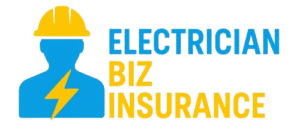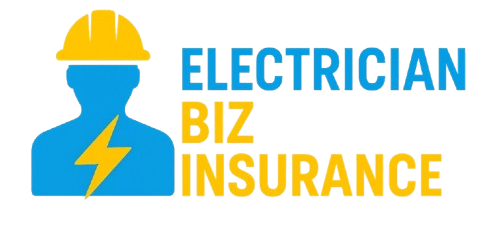What Type of Insurance Does an Electrician Need?

What Type of Insurance Does an Electrician Need?

Whether you’re a self-employed electrician wiring homes or running a growing electrical firm with a full crew, having the right insurance is critical to protect your livelihood. But what type of insurance does an electrician need exactly? The answer depends on the kind of work you do, where you operate, and your business setup. From basic liability coverage to workers’ compensation and equipment protection, electrician insurance isn’t just a box to check—it’s a business necessity.
Many licensed professionals underestimate the financial risks tied to electrical work. Mistakes, property damage, or injuries on the job can lead to lawsuits or major out-of-pocket costs. That’s why electrician liability insurance and related policies are essential for every electrician—whether you’re working residential jobs, commercial builds, or large-scale industrial contracts.
General Liability Insurance: The Foundation of Coverage
The first and most important policy for any electrician is general liability insurance. This policy protects you if you accidentally damage a client’s property, or if someone is injured because of your work. Imagine drilling into a pipe during an installation or a client tripping over your tools on-site. Without electrician general liability insurance, you could be personally liable for medical bills and repairs.
In California and across the U.S., electrician liability insurance is often required by licensing boards and contractors before work begins. If you’re searching for affordable coverage that meets state guidelines, visit our Electrician Insurance California page to learn more about legal requirements and coverage options.
Workers’ Compensation Insurance: Required If You Have Employees
If you employ even one person, you’re legally required to carry electrician workers compensation insurance in most states—including California. This policy covers employee injuries like electrical burns, falls, or repetitive motion injuries. It also protects you from legal action by injured workers. Without it, you could face heavy fines or business shutdowns.
Even self-employed electricians can benefit from this protection. While not always required, having workers comp ensures your own medical bills and lost income are covered if you’re injured on the job.
Professional Liability (E&O): Protection for Design or Consulting Work
If your electrical services include system design, planning, or consulting, you’ll also need electrician professional liability insurance. Also known as Errors & Omissions (E&O), this policy covers claims related to negligence or mistakes in your work. If a wiring plan you designed fails or causes damage, this policy will help cover legal costs and damages.
Many licensed and insured electricians working in commercial or specialty projects choose to add professional liability to their coverage stack for added protection.
Tool, Equipment, and Auto Coverage
You rely on your tools to do your job—and replacing them can be expensive. That’s why electrician tool insurance and electrician equipment insurance are key parts of any complete policy. These cover theft, loss, or damage to essential gear like testers, drills, and ladders—whether they’re on-site or in your vehicle.
If you use a van or truck for business purposes, make sure it’s covered under a business auto insurance policy. Standard auto insurance often won’t cover you if the vehicle is used commercially. Our policies at Western Insurance include custom options for auto electrician insurance and car electrician insurance to keep your mobile operations protected.
Coverage for Every Type of Electrician
From journeyman electricians and master electricians to independent contractors, mobile electricians, and full-service firms, every role faces unique risks. If you’re working job-to-job or on flexible hours, we also offer daily electrician insurance, hourly electrician liability insurance, and one-day electrician insurance tailored to your workflow.
Running a growing team? Consider a Business Owner’s Policy (BOP) that bundles electrician liability insurance with commercial property coverage for your office or storage unit.
State-Specific Insurance Requirements
Different states have unique requirements for electrician insurance. If you’re working in California, Texas, Florida, or Massachusetts, the minimum coverage levels and legal mandates may differ. Visit our state-specific pages to stay compliant and avoid penalties. For example, electrician insurance in California must meet certain thresholds before you can pull permits or bid on jobs.
Final Thoughts: Customize Your Insurance for Long-Term Protection
So, what type of insurance does an electrician need? At minimum, a licensed electrician should have general liability insurance, workers compensation, and tool coverage. But for real protection, you’ll likely need a customized package that fits the scope of your work, team size, and project types.
At Western Insurance, we specialize in creating tailored insurance plans for electricians across the U.S. Whether you’re a self-employed electrician in Los Angeles or running a commercial team in Texas, we can help you get licensed and insured, stay compliant, and focus on the work—not the risks.

